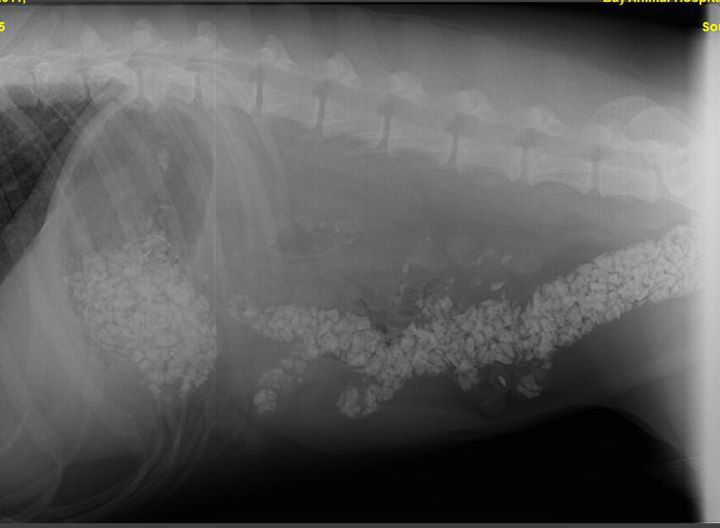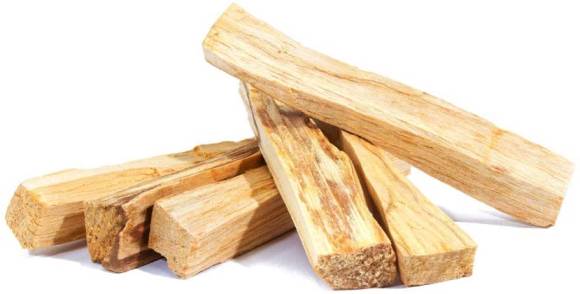Listerine is a very popular mouthwash used by humans after brushing their teeth. But what happens if your dog drinks Listerine?
Connect with a verified veterinarian in minutes. Licensed vets are available 24/7 to answer your questions. No need to worry about your furry family member.
What is Listerine?
Listerine is an antiseptic mouthwash that’s very popular in the US. You’re probably familiar with the product’s slogan “Kills germs that cause bad breath.” This mouthwash is made by Johnson & Johnson; however, it has a different history and was used for a completely different purpose back in the 1800s.
Listerine was developed by Joseph Lawrence, who wanted to develop an alcohol-based surgical antiseptic. His work was inspired by Joseph Lister, who in 1865 found that using carbolic acid on surgical dressings helped reduce infection rates. However, when Listerine was developed by Lawrence, it was marketed and used as an antiseptic to be used in surgery. Lawrence named the product after Joseph Lister.
Listerine was later promoted as the first OTC mouthwash in the US back in 1914.
The active ingredients in Listerine include essential oils (such as menthol & mint), thymol, methyl salicylate (wintergreen), eucalyptol, as well as ethanol (alcohol). Listerine may also contain xylitol. This product comes in various flavors, too, and may contain other ingredients, depending on the formulation.
Is Listerine Safe for Dogs?
No. You should never use Listerine, or any other mouthwash made for humans on your dog. The alcohol and some other ingredients are toxic to dogs, which includes xylitol. Even a small amount of this artificial sweetener can poison a dog.
The amount of Listerine ingested by your dog determines how he may be affected. If your fur baby drinks one sip of Listerine, chances are that he will be OK. In some dogs that have a sensitive stomach, the dog may vomit and have diarrhea for a short time. However, if your dog has a large amount of Listerine, this is dangerous.
Your dog could become sick from xylitol and ethanol poisoning, both of which can cause death.
If your dog has ingested a large amount of Listerine, then call the vet immediately. This could be a life-threatening medical emergency.
To avoid this type of accident, never leave the mouthwash bottle where your dog can reach it. And never leave a glass with mouthwash on the table or counter.
And don’t use this product to cure your dog’s bad breath. Instead, speak with the vet about the problem. They will be able to check your dog’s teeth and mouth for any health issues. The vet will also give guidance and advice on toothpaste and doggie mouthwash that’s safe for your dog.
Connect with a verified veterinarian in minutes. Licensed vets are available 24/7 to answer your questions. No need to worry about your furry family member.

Kim
Kim is a talented author, who loves animals especially dogs. She engaged in writing books and articles relating to animals a decade ago. Kim resides in Chicago with her husband and son. The family is the proud owner of a dog and a parrot (Jack and Lily). Kim wanted more than these two pets, but her husband put his foot down... She often visits elementary schools to talk to the kids about what she learned about pets and how they could learn from them.
Review symptoms, medications & behavior to keep your pets healthy with a Vet Online in just minutes.
Ask a Vet Live Now




